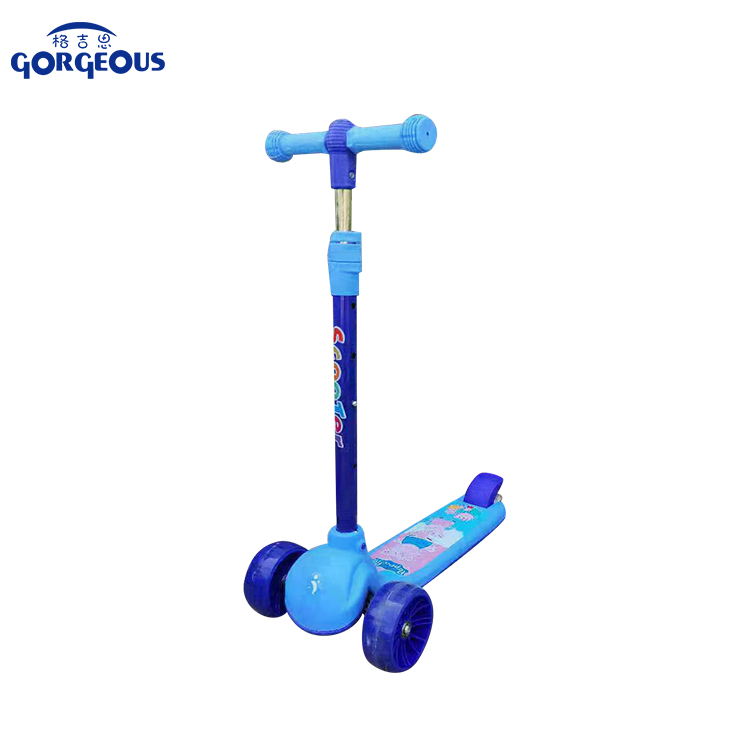10 月 . 21, 2024 13:50 Back to list
Exploring Top Manufacturers of Baby Strollers and Their Production Facilities
Exploring the World of Baby Stroller Factories
Baby strollers have become an essential item for parents around the world, combining convenience and safety for both caregivers and infants. Behind every stylish and functional stroller, there lies a complex manufacturing process, taking place in various factories dedicated to producing these indispensable products. This article delves into the world of baby stroller factories, exploring their operations, innovations, and contributions to the parenting experience.
Manufacturing Process
The journey of a baby stroller begins with meticulous design and planning. Engineers and designers collaborate to create strollers that are not only aesthetically pleasing but also meet high safety standards. Once a design is finalized, the manufacturing process kicks off, typically involving several key stages material sourcing, assembly, quality control, and packaging.
Materials for baby strollers usually include durable fabrics, lightweight aluminum or steel frames, and high-quality wheels to ensure longevity and ease of use. Factories source these materials from local and international suppliers, ensuring they adhere to strict safety regulations. This attention to detail is critical as baby strollers must withstand the daily rigors of travel, outdoor activities, and various terrains.
Assembly lines in baby stroller factories are often organized in a way that promotes efficiency and safety. Skilled workers assemble components with precision, using tools and machines designed to streamline the process. Each stroller typically goes through multiple stages of assembly, from attaching the frame to installing safety harnesses. Automation plays a vital role in many factories, allowing tedious tasks to be performed with high accuracy, leaving complex assembly decisions to skilled workers.
Quality Control and Safety
baby stroller factory factories

Quality control is paramount in baby stroller manufacturing. Each stroller undergoes rigorous testing to ensure it meets safety standards set by regulatory bodies. Factories conduct a series of stress tests, simulating real-life scenarios to gauge the durability and stability of the finished product. Additionally, every stroller is inspected for any defects, guaranteeing that only the highest quality products reach consumers.
Safety is a crucial aspect of baby stroller design and manufacturing. Compliance with local and international safety regulations, such as the ASTM (American Society for Testing and Materials) standards, is non-negotiable. Factories are required to demonstrate that their products can withstand tipping, braking, and wear over time. Innovative safety features, such as five-point harness systems, locking mechanisms, and reflective elements for added visibility, are often incorporated into designs, showcasing the industry's commitment to child safety.
Innovations in Stroller Manufacturing
The baby stroller industry is constantly evolving, with manufacturers embracing innovations to enhance functionality and consumer experience. The integration of technology has led to the development of smart strollers equipped with features such as built-in GPS tracking, adjustable seating, and even adaptable wheels for different terrains. Some brands offer app connectivity, allowing parents to monitor their stroller's status and receive alerts.
Sustainability has also become a focal point for many baby stroller factories. With growing environmental consciousness, manufacturers are exploring eco-friendly materials and production methods. Recycled materials and sustainable sourcing practices are increasingly incorporated, catering to a market that values both quality and environmental responsibility.
Conclusion
The world of baby stroller factories is diverse and dynamic, marked by a commitment to safety, innovation, and quality. As parent’s expectations evolve, manufacturers continuously adjust their designs and processes to meet rising demands. With a focus on user-friendly, safe, and environmentally conscious products, baby stroller factories play an integral role in shaping the parenting experience. As technology advances and sustainability remains a priority, the future of baby stroller manufacturing looks promising, ensuring that the needs of parents and their little ones are met with efficiency and care.
-
Children Tricycle Factory Custom Designs & Safety Certified
NewsMay.30,2025
-
Best Scooters for Teens Top-Rated, Safe & Durable Rides for 2023
NewsMay.30,2025
-
Affordable Mini & Baby Bicycle Prices Best Deals & Discounts
NewsMay.29,2025
-
20-Inch Kids Tricycle Adjustable Seat, Safe & Durable Design
NewsMay.29,2025
-
20 Inch Kids Bikes Lightweight, Adjustable & Durable Designs
NewsMay.29,2025
-
Magnesium disc Bicycle wholesale children bicycle wholesale children mountain balance bicycle
NewsMar.07,2025
